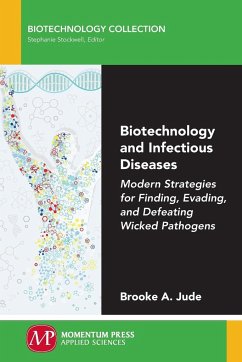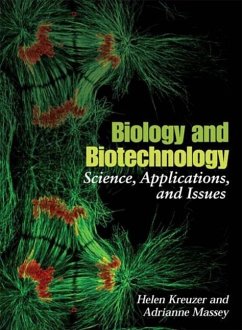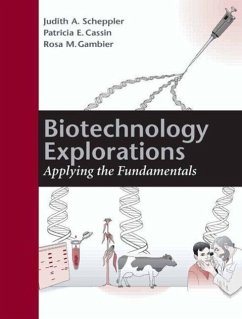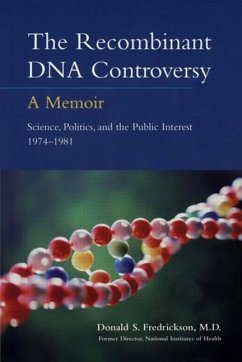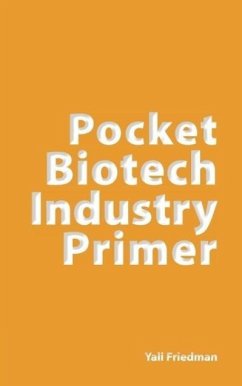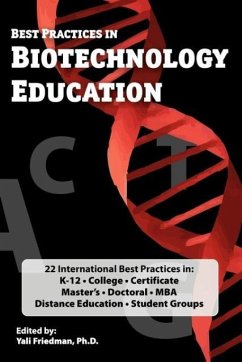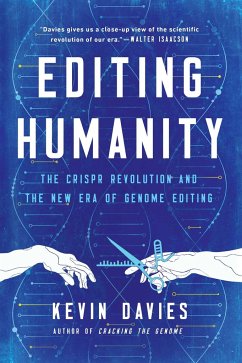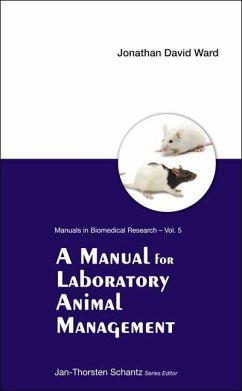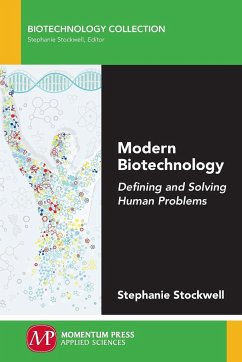
Modern Biotechnology
Defining and Solving Human Problems

PAYBACK Punkte
18 °P sammeln!
Biotechnology is a fascinating interdisciplinary field uniquely poised to take on some of the world's most complex problems. With this thesis at its core, Modern Biotechnology: Defining and Solving Human Problems takes a refreshing problems-based approach to exploring the field. Novice readers will come away with a broad appreciation for the significance of current and emerging biotechnologies-from regenerative medicine, to genetically enhanced crops, to biofuels. Experts will benefit from the concise review of timely game-changing technologies such as DNA sequence-by-synthesis and clustered r...
Biotechnology is a fascinating interdisciplinary field uniquely poised to take on some of the world's most complex problems. With this thesis at its core, Modern Biotechnology: Defining and Solving Human Problems takes a refreshing problems-based approach to exploring the field. Novice readers will come away with a broad appreciation for the significance of current and emerging biotechnologies-from regenerative medicine, to genetically enhanced crops, to biofuels. Experts will benefit from the concise review of timely game-changing technologies such as DNA sequence-by-synthesis and clustered regularly interspaced short palindromic repeats/CRISPR-associated protein-9 nuclease-mediated genome editing technologies. Despite being set within a conceptual framework of "wicked" problems (i.e., disease, food production, environmental spoilage), insights into the current state and future potential of biotechnologies make this book both optimistic and forward thinking. This is not just an informative text-it's a jumping off point for engaging with a discipline that has the potential to change the world.




